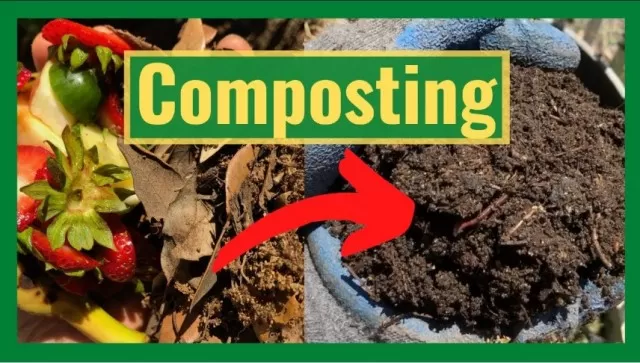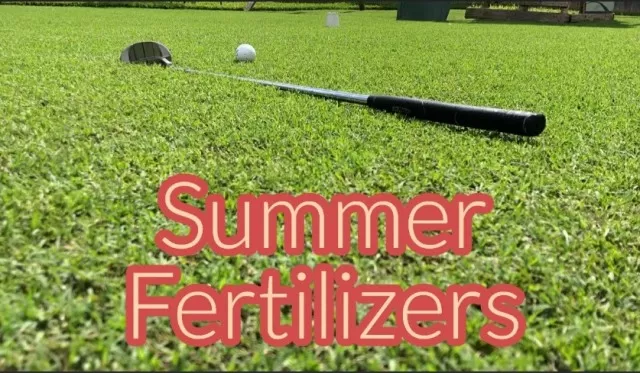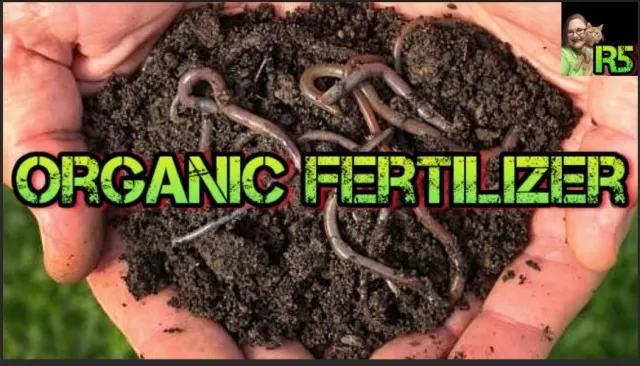Rapid Composting Hacks for Cost-Efficient Fertilizer. Whether you’re a novice composter or a seasoned pro, there are quick and straightforward composting tricks you can employ right at home to kickstart your garden’s vitality and support its flourishing. These quick and accessible composting techniques ensure your garden receives nutrient-rich compost to thrive. Whether you’re a beginner or an experienced composter, these tips empower you to make the most of your composting efforts, elevating your gardening success and contributing to a more sustainable lifestyle.
Accelerate the Composting Process

Typically, the journey from kitchen scraps and yard waste to rich, nutrient-packed compost can be a rather patient one, spanning six to twelve months.
But if you’re eager to bolster your garden with this black gold sooner, fret not! By investing some extra effort and employing a few strategic techniques, you can expedite the composting process and have your nutrient-rich compost ready in as little as two weeks. This rapid composting method, often known as “quick compost” or “rapid compost,” not only cuts down the waiting time but also delivers equally remarkable benefits to your beloved vegetable or flower garden.
Let’s delve into some innovative strategies to help you fast-track your compost production.
Optimal Size for Quick Composting
When it comes to achieving quick compost, the size of your compost pile is a crucial factor to consider.
Size does indeed matter, as it directly impacts the composting process. In essence, a larger compost pile possesses a distinct advantage because it retains more heat, accelerating the decomposition of organic matter. So, if you’re aiming for swift compost production, it’s time to think big!.
The key is to strike a balance between manageability and efficiency.
Ideally, aim for a compost pile that measures around 4 to 5 feet in both length and height. This size provides the perfect blend of heat retention and practicality.
With a sufficiently large compost pile, you’ll create an environment that promotes rapid microbial activity, ensuring that your organic materials break down into nutrient-rich compost in no time at all. So, don’t shy away from going big – your garden will thank you for it!.
Maintain Adequate Moisture Levels

Water is the lifeblood of the composting process, essential for the transformation of organic matter into rich compost.
To expedite the decomposition and ensure your quick composting venture succeeds, it’s crucial to keep your compost pile adequately moist.
It’s worth noting that newly established compost piles require more water compared to those that have already made significant progress in breaking down.
As Bonnie Plants wisely suggests, keeping your compost pile well-hydrated in the early stages is vital.
To facilitate this, consider placing your compost pile in close proximity to a water supply.
This strategic placement simplifies the task of replenishing moisture regularly. A well-moistened compost pile not only promotes the proliferation of beneficial microorganisms but also maintains the ideal conditions for swift decomposition.
By prioritizing moisture management, you’ll be well on your way to producing high-quality compost for your garden in record time.
Harness the Power of Tarps
In your quest for quick composting, the role of tarps becomes indispensable.
These simple yet effective covers offer a multitude of benefits for your compost pile.
Firstly, they act as a shield against excessive moisture, especially during rainy spells.
While moisture is vital for composting, too much of it can hamper the process. A tarp helps strike the perfect balance by preventing your compost pile from becoming waterlogged, ensuring that it remains optimally moist.
Additionally, tarps play a crucial role in regulating temperature within the compost pile.
The magic range for efficient composting lies between 135 and 160 degrees Fahrenheit. Tarps help retain heat generated by microbial activity, creating a warm, cozy environment that encourages rapid decomposition.
By utilizing a tarp, you not only protect your compost pile from the elements but also create an environment where microorganisms can thrive and work their magic more efficiently.
It’s a simple yet powerful tool that can significantly expedite the composting process and have nutrient-rich compost ready for your garden in no time.
Choose Your Composting Ingredients Wisely

When aiming for rapid composting, it’s essential to be selective about the materials you add to your compost pile.
Not all organic matter decomposes at the same pace, and some ingredients are more conducive to accelerating the process.
To turbocharge your homegrown fertilizer, focus on nitrogen-rich materials.
These ingredients act as catalysts for decomposition and can significantly expedite the composting journey. Some prime examples of nitrogen-rich materials include coffee grounds, freshly mowed grass clippings, and even leftover beer, as suggested by The Gardening Channel.
By incorporating these nitrogen-rich elements into your compost mix, you provide the microbial workforce with the fuel they need to break down organic matter swiftly.
This not only speeds up the composting process but also results in nutrient-rich compost that will supercharge the growth of your vegetable or flower garden. So, be discerning with your compost ingredients and watch your garden flourish with the fruits of your quick composting efforts.
*The information is for reference only.